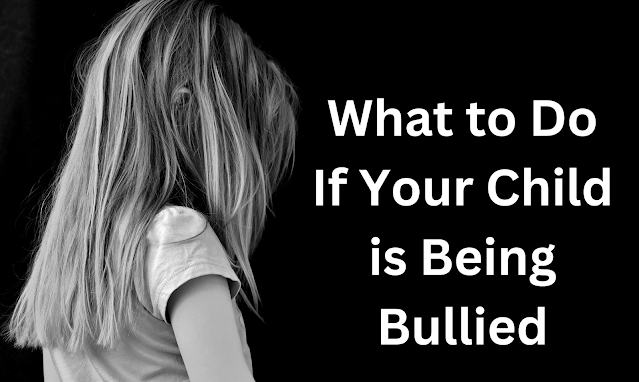Finding out that your child is being bullied can be extremely distressing, whatever age they are.
Even if your child's school has an anti-bullying policy and process in place, it can be difficult for parents to know how to approach the situation.
Here's what to do if you think, or know, your child is being bullied.
1. Talk to Your Child
The very first thing you should do, is to sit down and talk to your child.
If you don’t already know what is going on, find out as much as you can about the bullying.
Ask about the perpetrators, what incidents have occurred, when and where the bullying happens, and anything else you need to know in as much detail as possible.
This way you can get a better idea of how to properly deal with it.
2. How to Deal with Reluctance
Your son or daughter may not want to tell you all about the bullying, feeling scared or even embarrassed to do so.
Reassure them as much as possible, and explain that they need to tell an adult what is happening.
Younger children may be worried about 'telling tales', so take the time to reassure your child that it's OK to pass this information on so you can do something about it.
Explain gently and carefully that it isn’t telling tales and they won’t get into trouble for reporting thse incidents.
The bully may also have scared their victim and warned them not to talk to an adult about the behaviour.
Explain that bullies do sometimes tell you not to tell, but this is because they know they will get into trouble and they are scared of that themselves.
3. Talk to the School
After talking to your child, you should make an appointment to talk to the school.
You may wish to raise it casually with your child's teacher first, but teachers often have a lot on their plate and may not be able to deal with the issue immediately.
So it is often better to make an appointment to see a headteacher or deputy head.
Find out what the school's anti-bullying policy is, if they have one, and ask what steps will be taken to address the issue.
If you are not satisfied with the response, or the bullying continues after your initial meeting, don’t be afraid to go back and raise the issue again, or talk to somebody else.
It may also be possible to have a quiet child-free meeting with the other child's parents.
It's likely the bully's parents have no idea of what is going on and they will be able to handle it better if they hear directly about what has been happening.
4. Report Incidents as They Happen
Ask your child to find a trusted teacher or other adult who is available when the bullying is happening so they can report an incident as soon as possible.
Remind your child that bullies usually choose more than one victim and by speaking up they are helping both themselves and other children.
Remind your child that, to keep everyone safe, bullying behaviour should always be reported to an adult.
Finding out your child is being bullied can feel decastating, but it can be dealt with and you and your child will come out of it stronger and happier.
The most important way to handle bullying is to talk.
Encourage your child to confide in you, then talk to anyone you can until the problem is dealt with.
Be persistent and don't give up or be palmed off with platitudes and no real action.
This is a great way to teach your child that we all need to speak up for ourselves when something happens that we don't like.
More parenting tips:
Pin it:
This post contains product and service links for your convenience. By clicking on these links I may earn an affiliate commission at no additional cost to you. I only suggest resources and items I believe in and highly recommend. Find out more on our Disclosure page.






.jpg)
).png)